5 Ways to Improve Indoor Air Quality
5 Ways to Improve the Indoor Air Quality of Your Home
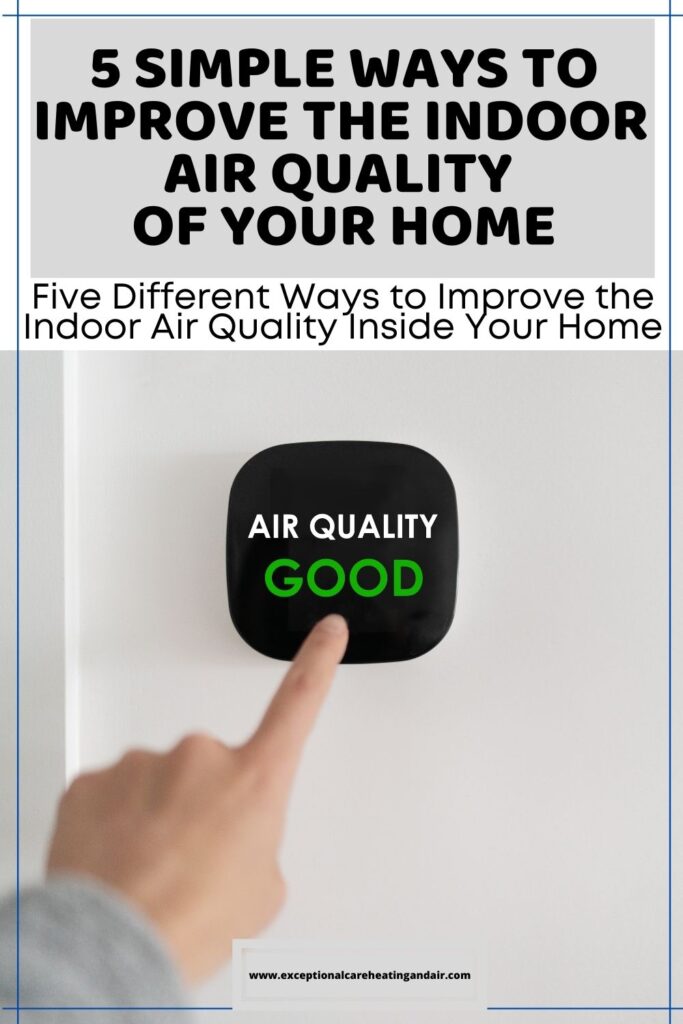
Do you want to improve the indoor air quality of your home? Here are 5 ways to improve your indoor air quality. The best way to improve indoor air quality is by removing indoor pollutants and proper ventilation of clean outdoor air.
1) Ensure Proper Ventilation
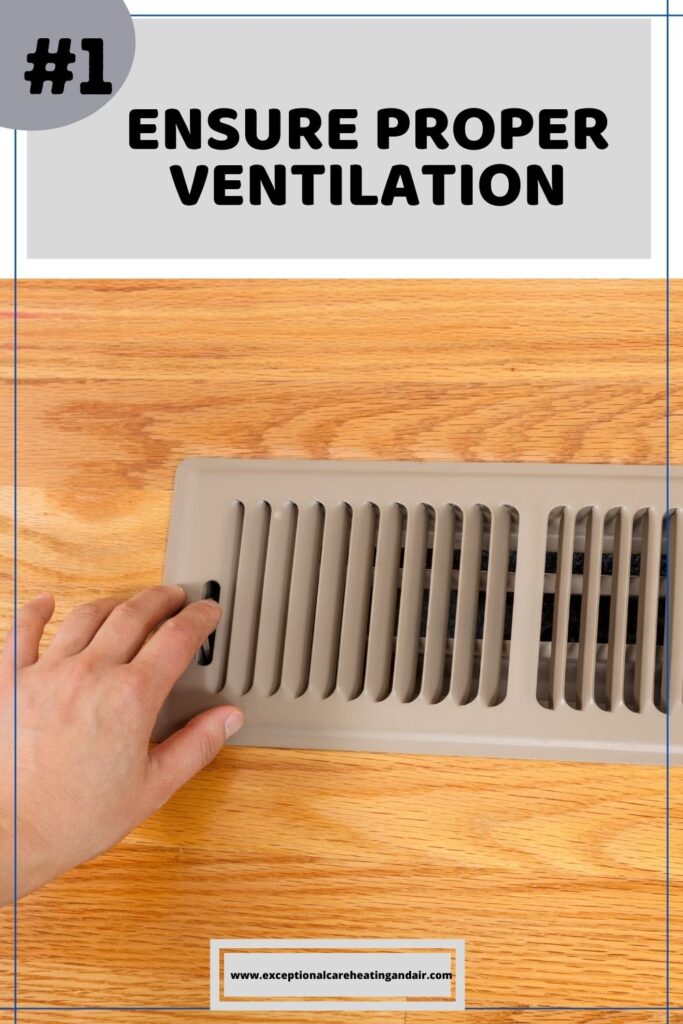
It is necessary to ensure your home has proper ventilation to help circulate cleaner air and remove and dilute airborne pollutants. Otherwise, poor ventilation can prevent HVAC systems from properly ventilating outdoor air into the house. Poor ventilation in your home can prevent indoor air pollutants from properly circulating out of the home. Therefore, it is necessary to ensure your heating and cooling system has adequately installed ventilation and filtration systems to protect and improve the air quality of your home.
Looking to improve the air quality of your home?
Give us a call today at 908-331-0434
2) Change your Air Filter to Improve Air Quality
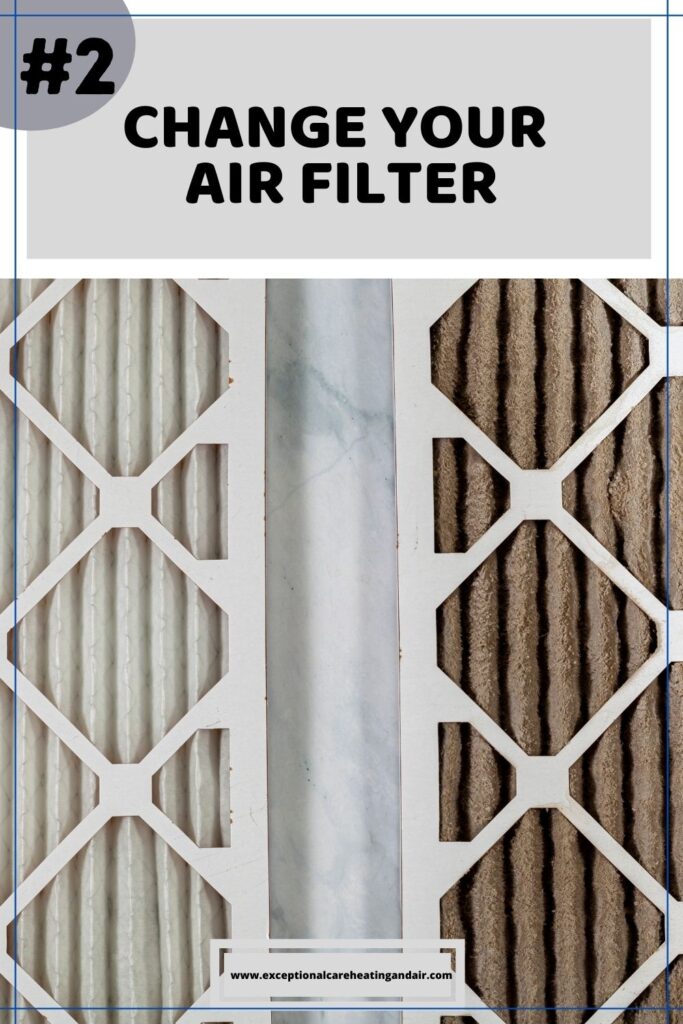
Clean air filters are necessary for improving the air quality inside a home. Air filters do their job and help filter out common air pollutants, such as dust and pollen, that circulate inside a house. Over time, air filters get dirty, dusty, and clogged by trapping many particulates and contaminants that circulate through the HVAC system. An HVAC technician should replace a dirty or clogged air filter immediately to help improve air quality inside the home.
3) Install Air Cleaners and Air Purifiers
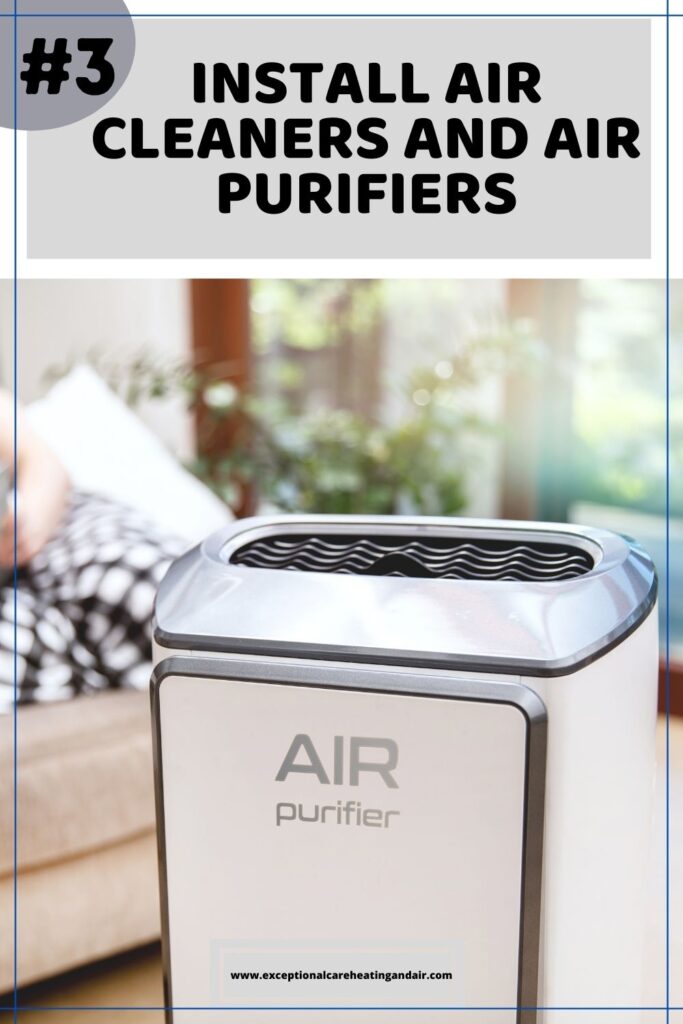
In addition to installing a clean air filter, homeowners can improve their indoor air quality by installing air cleaners. Air cleaners, also known as air purifiers, are designed to reduce indoor air pollutants. Installing air cleaners and air purifiers in your heating and cooling system can help improve the air quality within your home.
4) Install HVAC UV Lights
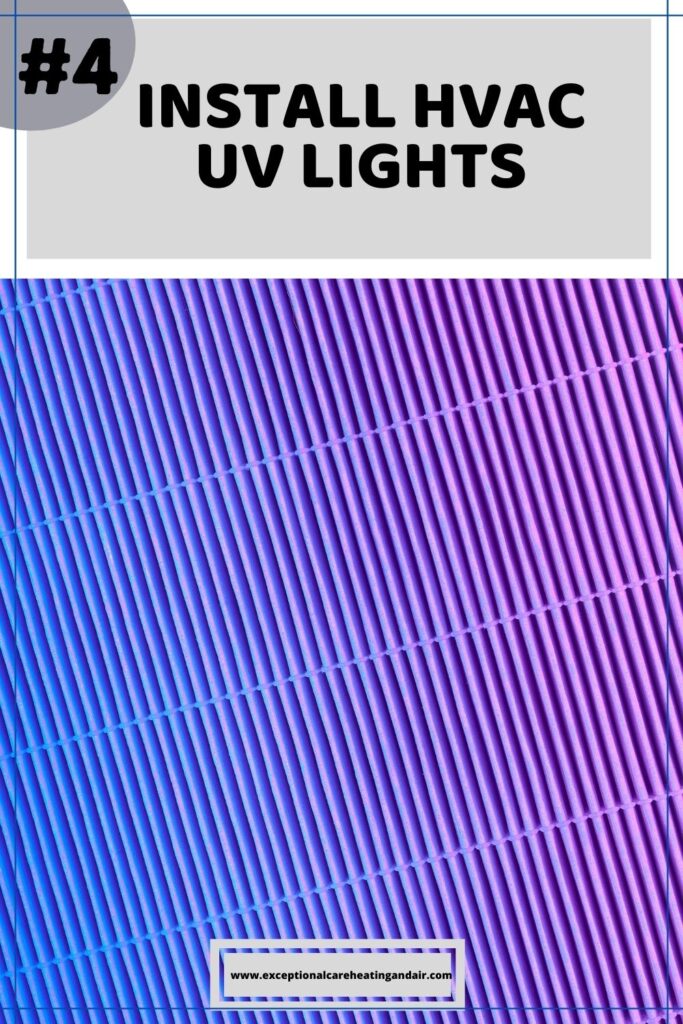
Another way to improve the indoor air quality of your home is to upgrade and install a UV light for your HVAC system. UV lights for an HVAC system are known for reducing many harmful indoor pollutants. UV lights for heating and cooling systems eliminate microorganisms such as germs, viruses, mold spores, fungi, and bacteria that enter the AC system. An HVAC technician can install the UV light in the evaporator unit, where the air must pass through before the air is circulated into the home through the registers, also known as the air vents.
5) Maintain Humidity Levels to Improve Air Quality
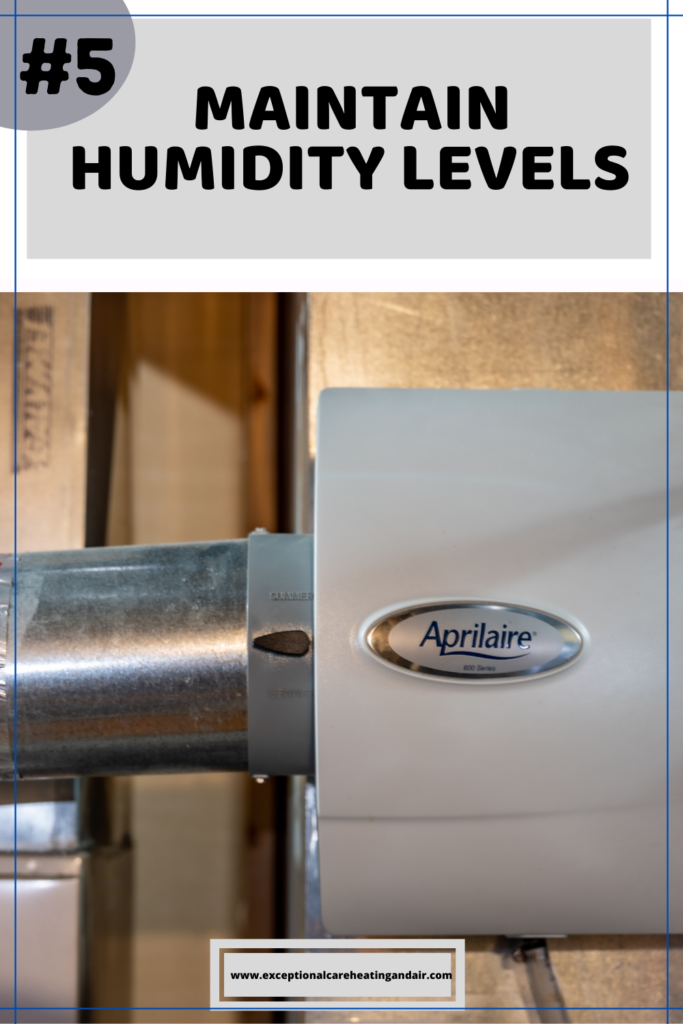
It is necessary to maintain ideal humidity levels within your home to protect and improve indoor air quality. Failure to do so can result in health risks due to an imbalance in humidity levels which can cause mold and mildew. Indoor mold and mildew can affect respiratory issues such as allergies and asthma. Damp spring days and humid summer nights can lead to multiple months of high humidity, causing the humidity levels within your home to rise. Installing humidifiers and dehumidifiers can balance humidity levels within your home. Humidifiers are designed to add moisture to the air when it is dry. In contrast, dehumidifiers remove the moisture from the air when it is too humid and wet. Proper installation of humidifiers and dehumidifiers can reduce the amount of moisture in the air and help improve indoor air quality.
Have a question about one of the ways you can improve the air quality of your home?
Give us a call today at 908-331-0434 to schedule a service to improve the air quality of your home.
We would be happy to help answer any questions about improving the indoor air quality of your home.
Want to learn more about the signs it is time for a furnace replacement? Read about the 5 Signs It’s Time for a Furnace Replacement here.